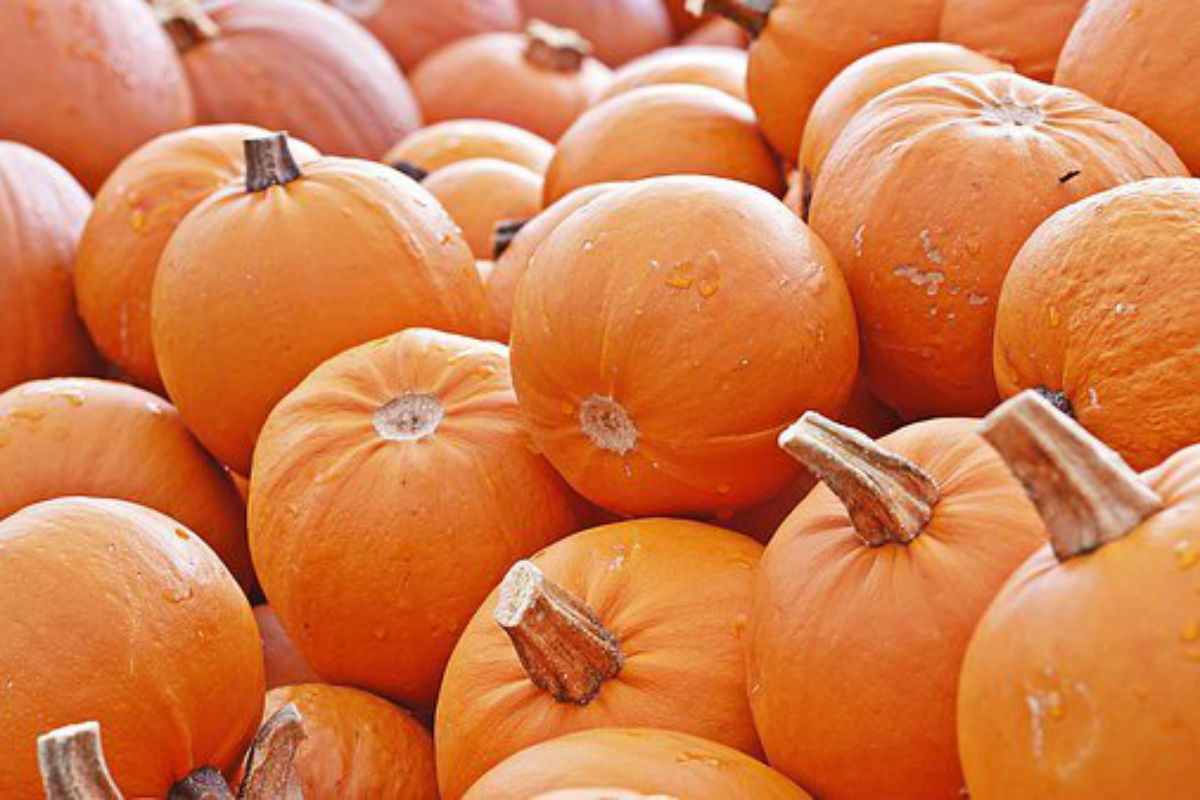- Details

As a membership-based organization with over 50 members, ICADV works to eliminate domestic violence and provide support and direct service to survivors and their dependent children. In 1982, ICADV helped to write and pass the landmark Illinois Domestic Violence Act, twelve years prior to the first federal Violence Against Women Act in 1994.
- Details
 Pumpkins are a fall necessity! The pumpkin has been a North American staple since long before the arrival of European settlers, and Illinois farmers continue the big orange squash’s long tradition by growing more pumpkins than anywhere else in the world. Illinois grows 90-95 percent of the processed pumpkins in the U.S. Most of the processing takes place in Morton, Ill. – which has claimed the title of “Pumpkin Capital of the World” since 1978.
Pumpkins are a fall necessity! The pumpkin has been a North American staple since long before the arrival of European settlers, and Illinois farmers continue the big orange squash’s long tradition by growing more pumpkins than anywhere else in the world. Illinois grows 90-95 percent of the processed pumpkins in the U.S. Most of the processing takes place in Morton, Ill. – which has claimed the title of “Pumpkin Capital of the World” since 1978.
In 1967, the Morton Chamber of Commerce organized the city’s first Pumpkin Festival to celebrate the beginning of the pumpkin harvest and canning season at the local Libby’s pumpkin processing plant. Today, the festival includes over 30 special events and venues hosted and organized by over 2,000 volunteers. The festival welcomes an estimated 70,000 visitors every September.
Libby’s Morton plant has about 5,000 acres of fertile farm land devoted to producing pumpkins. In 2012, Libby’s became the official sponsor for the Morton Pumpkin Festival!
- Details
 Even during the COVID-19 pandemic there are some haunted houses in Illinois that can still be enjoyed this year, with public health safety precautions in place. One such haunted house, is the Boo Crew Haunted House.
Even during the COVID-19 pandemic there are some haunted houses in Illinois that can still be enjoyed this year, with public health safety precautions in place. One such haunted house, is the Boo Crew Haunted House.
The Boo Crew Haunted House is an annual event hosted by the Rochester Lions Club. There are typically both indoor and outdoor portions to the haunted house, but the event will be fully outdoors this year to help maintain social distancing. The Boo Crew promises this “Trail of Lost Souls” will be their scariest trail yet.
The Boo Crew has implemented many health and safety precautions this year to help keep actors and guests safe. Masks will be required, and actors must keep their distance from guests—any up-close scares will be done by animatronics or stationary props. Ticket sales and group sizes are limited this year to keep crowds to a minimum.
- Details

This past week, former Notre Dame and University of Illinois basketball player Brian Randle of Peoria was hired as an assistant coach for the NBA’s Phoenix Suns. Last year, at the age of 35, Randle was promoted to development coach for the Minnesota Timberwolves, and will now work with NBA’s recently named top coach Monty Williams at the Suns.
- Details

Did you know actress and singer Jennifer Hudson was born on Sept. 12, 1981? Born and raised in Chicago, as a young girl she sang in her church choir, which started her love for singing and performing. Later, in 1999, she graduated from Dunbar Vocational Career Academy in Bronzeville.



